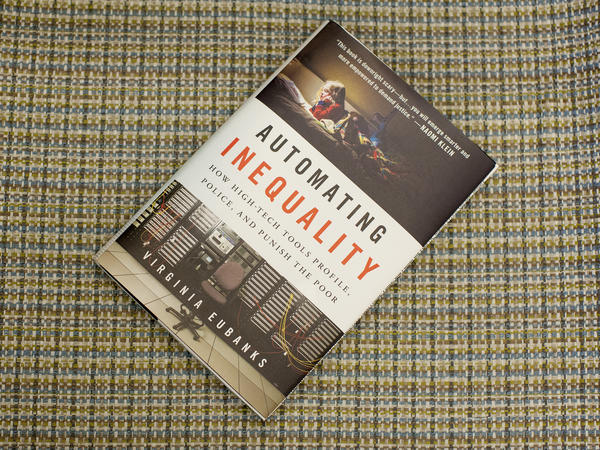

Muller's latest volume, The Tyranny of Metrics). It's true none of them, not even Cathy O'Neil's Weapons of Math Destruction, really has strong objections to the whole idea of computerizing culture (at least, not when compared with the almost pyrrhonian skepticism about social statistics displayed in Jerry Z. The paperback edition of Cathy O'Neil's Weapons of Math Destruction: How Big Data Increases Inequality and Threatens Democracy.Įach of these does some interesting reporting on the uses and abuses of the latest advances in the computer revolution. Safiya Umoja Noble's Algorithms of Oppression: How Search Engines Reinforce Racism. Andrew Guthrie Ferguson's The Rise of Big Data Policing: Surveillance, Race, and the Future of Law Enforcement, for example. We've had any number of books in recent months that look at current technology through such predetermined lenses.

Short of the end times, short of the divine resolution of everything human, there exists no human way to fix it.

If the reason for some social problem is a structural flaw in the entire history of the world, then it has no discrete solution. The more important failing, however, comes from the fact that circularity rarely marks an advance. The failure of circularity comes in part from the skepticism it engenders in us when we encounter it-tempting us to dismiss a book by indulging our own fallacy to say, in essence, Of course that author finds that result. But the tautological also tends to tell us nothing new. The trouble is not that the results of such investigations are necessarily wrong.


 0 kommentar(er)
0 kommentar(er)
